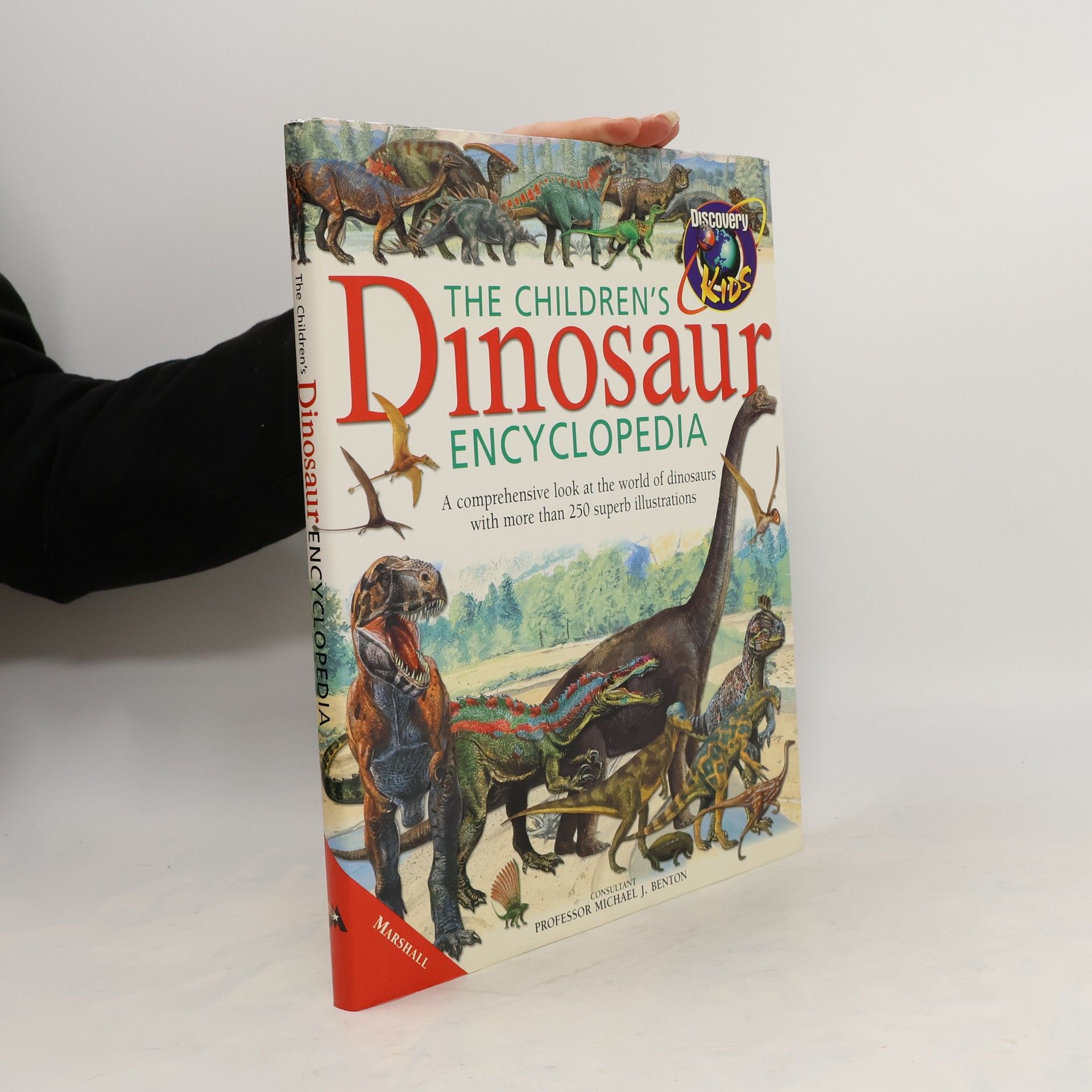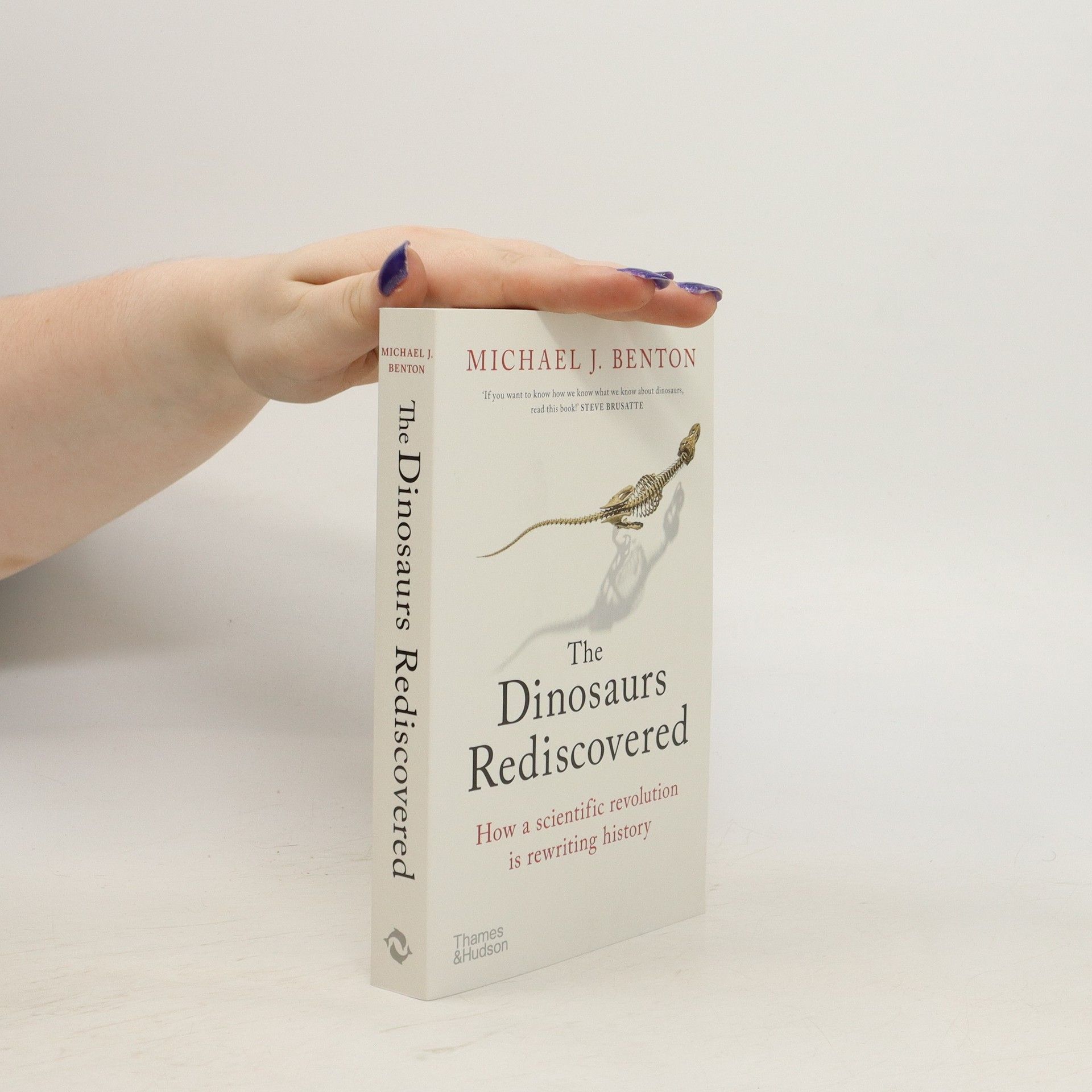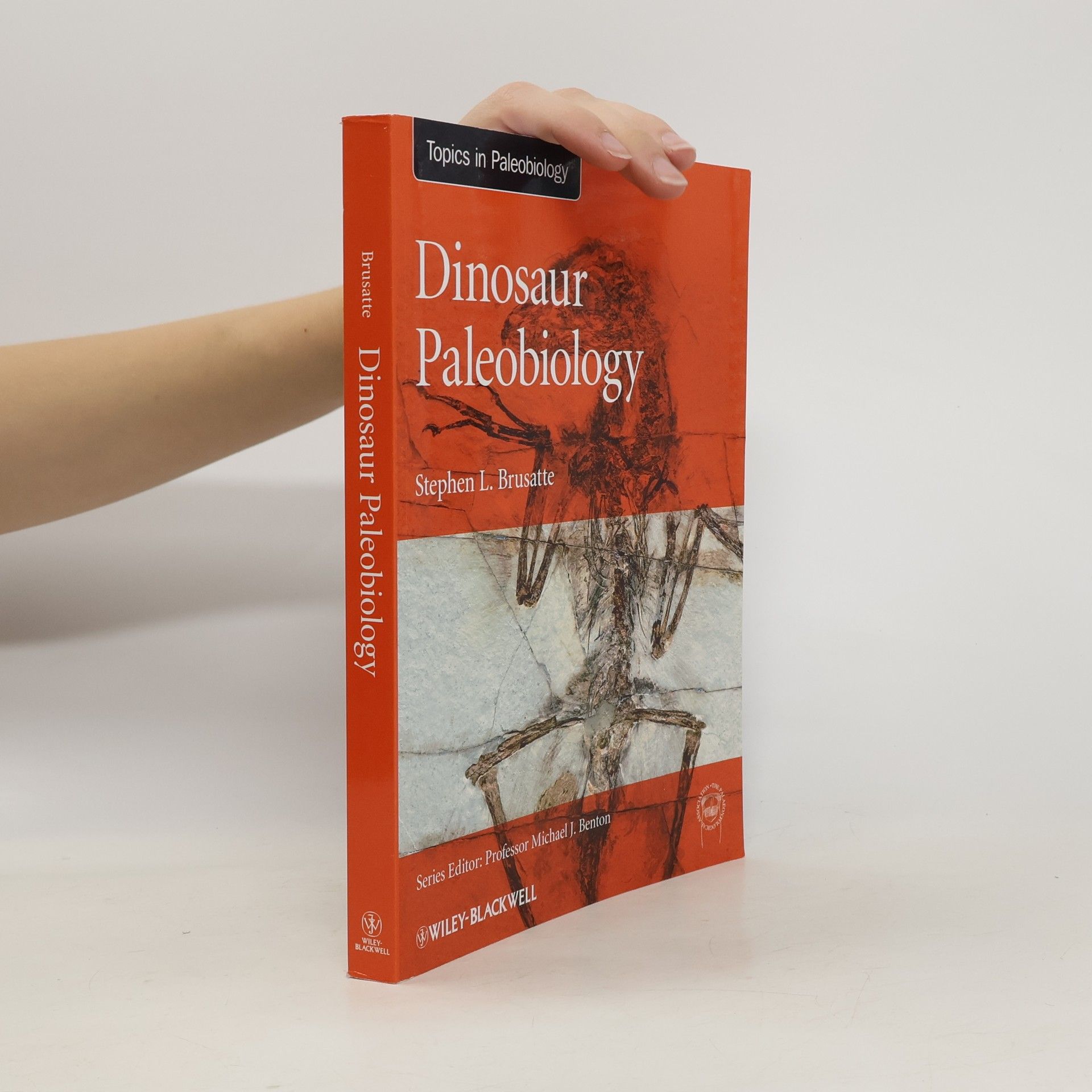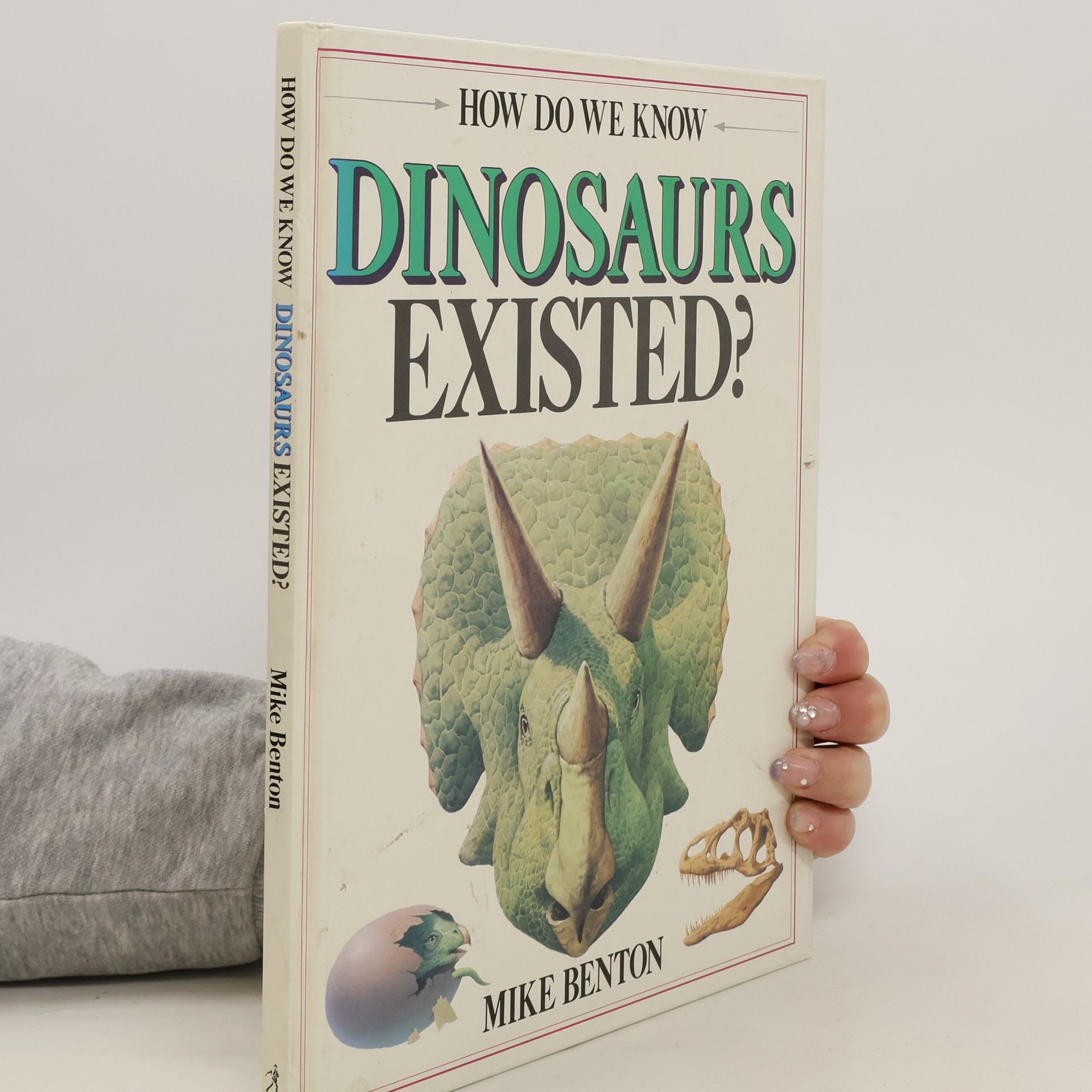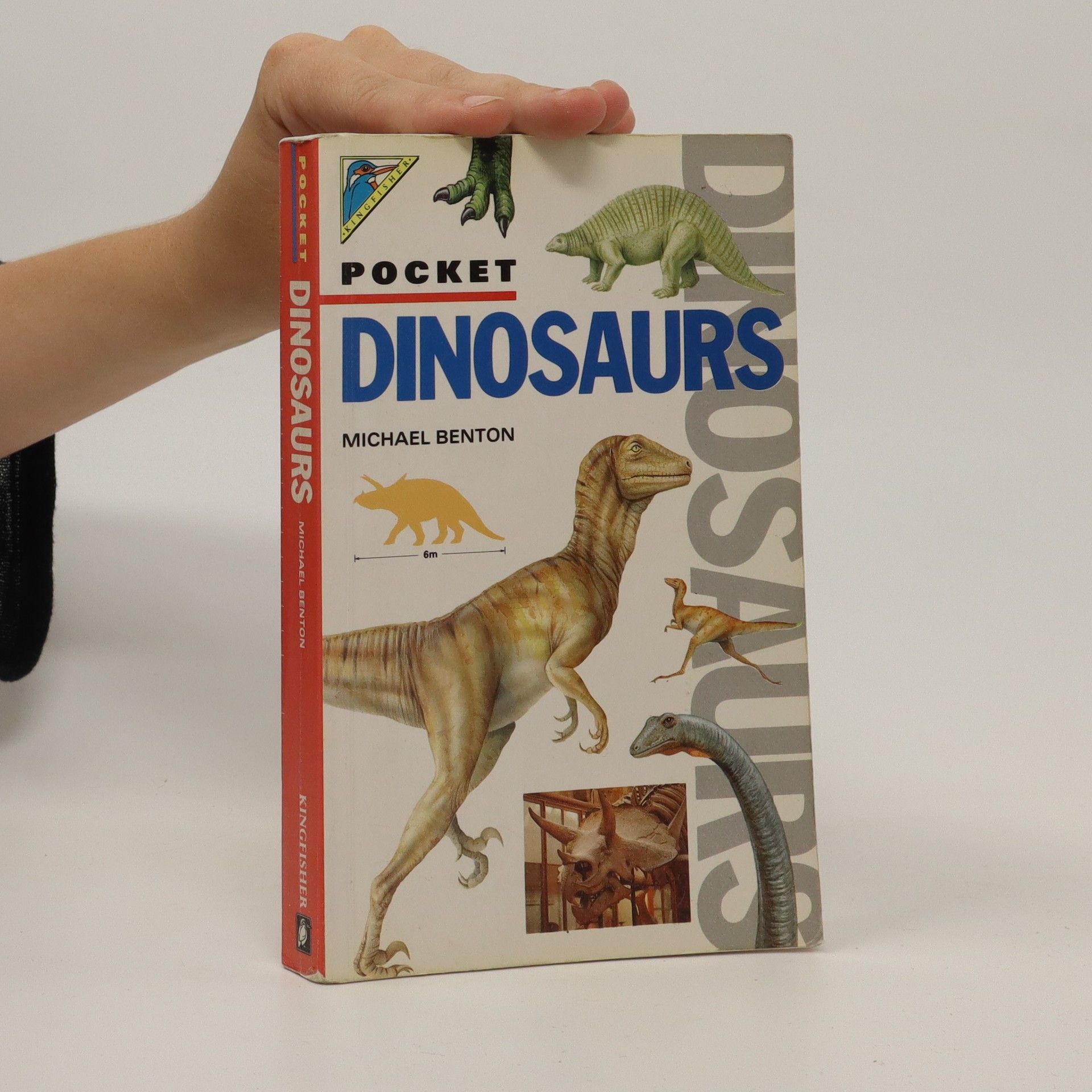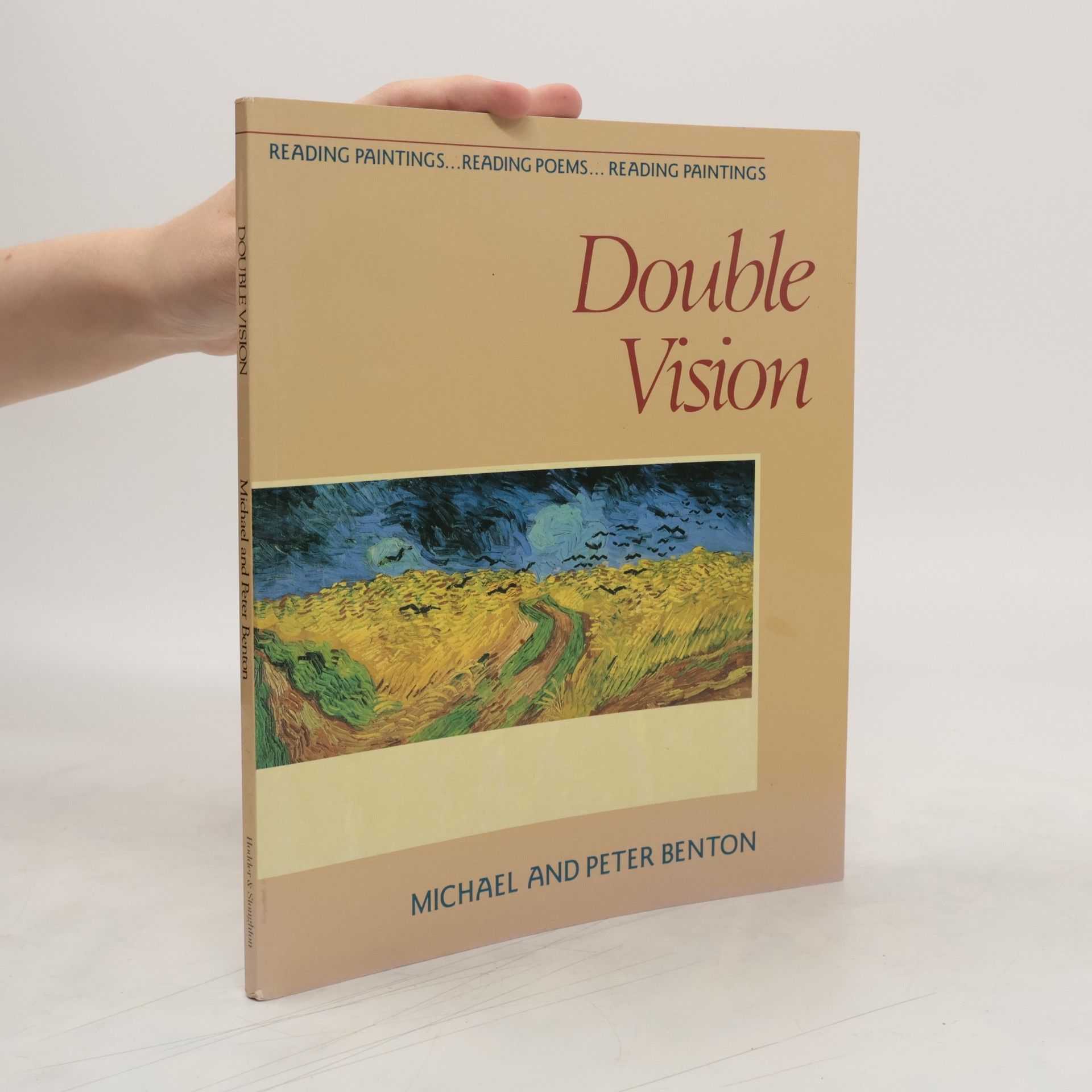Dinosaur Paleobiology
- 352pagine
- 13 ore di lettura
The study of dinosaurs has seen a remarkable resurgence in recent decades, with advancements in understanding their anatomy, biology, and evolution. Paleontologists often possess more knowledge about 100-million-year-old dinosaurs than many current species. This book offers a contemporary overview of dinosaur science for students, researchers, and enthusiasts, covering the latest insights into dinosaur anatomy, phylogeny, and their evolution throughout the Mesozoic era. It emphasizes fossil evidence and methodologies that enable detailed studies of these ancient creatures. As scientific knowledge rapidly evolves, this work aims to summarize current dinosaur science in a technical yet accessible manner, enhanced by vivid photographs and illustrations. Part of the Topics in Paleobiology Series, published with the Palaeontological Association and edited by Professor Mike Benton from the University of Bristol, the series provides a comprehensive summary of existing knowledge, serves as a guide to primary literature, and points to future research directions. It includes volumes on specific groups and overarching themes like ecosystem evolution, significant historical events, climate change, and new techniques such as molecular paleontology. Authored by leading experts, the series targets advanced undergraduates, postgraduates, and researchers in paleontology and biological sciences. Additional resources are available online.


